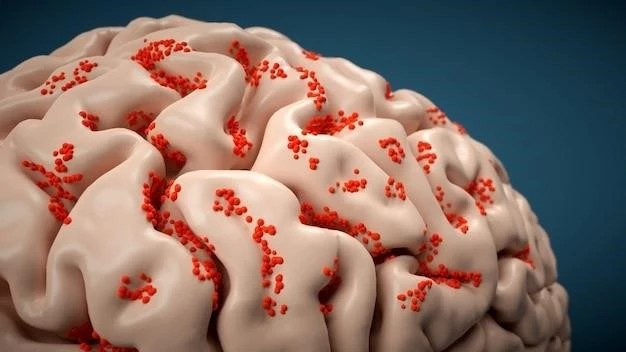Introduction
Mental retardation and intellectual disability refer to the same concept, with the latter being the preferred term. It is a neurodevelopmental disorder characterized by significantly impaired intellectual functioning.
Definition and Historical Context
Mental retardation is a term historically used to describe significantly impaired cognitive function. Its classification and terminology have evolved over time, ultimately being referred to as intellectual disability in contemporary contexts.

Poikilodermatomyositis Mental Retardation
Poikilodermatomyositis is a rare variant of dermatomyositis characterized by skin changes and inflammatory myopathy. Learn more about this condition here.
Overview of Poikilodermatomyositis
Poikilodermatomyositis is a rare variant of dermatomyositis characterized by skin changes and inflammatory myopathy. This condition presents with distinct cutaneous markers and muscular weakness, making it a complex entity to diagnose and manage effectively.
Relationship with Mental Retardation
Poikilodermatomyositis can have implications for cognitive function in affected individuals, potentially contributing to the manifestation of mental retardation.
Historically, the term ″mental retardation″ has been used to describe cognitive impairments. Over time, the understanding and terminology surrounding intellectual disabilities have evolved, emphasizing the impact on adaptive functioning and individual capabilities.
Clinical Features
People with poikilodermatomyositis may experience skin changes and inflammatory myopathy, leading to a unique set of signs and symptoms. Learn more about these clinical features here.
Historical Perspective
Historically, the term ″mental retardation″ has been used to describe cognitive impairments. Over time, the understanding and terminology surrounding intellectual disabilities have evolved, emphasizing the impact on adaptive functioning and individual capabilities.

Diagnosis and Management
Physicians diagnose poikilodermatomyositis by evaluating skin changes and conducting tests to confirm inflammatory myopathy, leading to appropriate treatment strategies.
Diagnostic Approaches
Historical approaches to diagnosing mental retardation involved intelligence quotient (IQ) testing and assessment of adaptive behaviors. These methods have evolved over time to enhance accuracy and identify the complexities of intellectual disabilities effectively.
Research and Case Studies
Recent research has focused on understanding the link between poikilodermatomyositis and potential cognitive implications. Case studies provide valuable insights into the management of this complex condition.
Recent Findings
Recent studies have highlighted the intricate relationship between poikilodermatomyositis and potential cognitive impairments. These findings contribute to a better understanding of the condition’s complex nature and its impact on individuals affected by it.
Prognosis and Complications
Click here to learn about the potential outcomes and associated risks of poikilodermatomyositis, including the complications that may arise from this complex condition.
Associated Risks
Poikilodermatomyositis may present with various complications and risks, impacting both the skin and muscular systems. Understanding these associated risks is crucial for comprehensive management and treatment approaches.
Understanding the complexities of poikilodermatomyositis and its potential impact on cognitive function is crucial for effective management and improved outcomes in individuals affected by this condition.
Future Directions
Future research should focus on elucidating the underlying mechanisms linking poikilodermatomyositis and cognitive function to pave the way for more targeted therapeutic interventions and improved outcomes for affected individuals.
